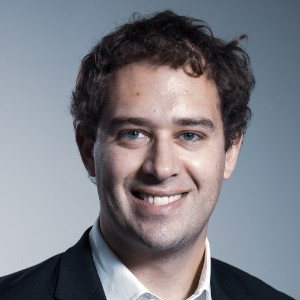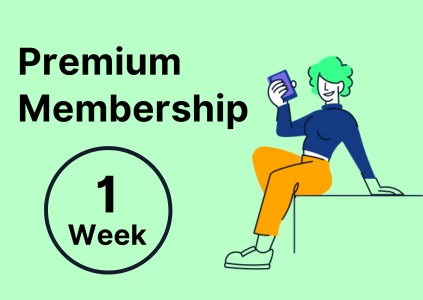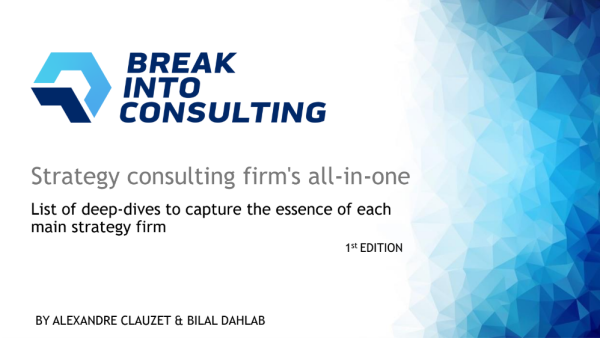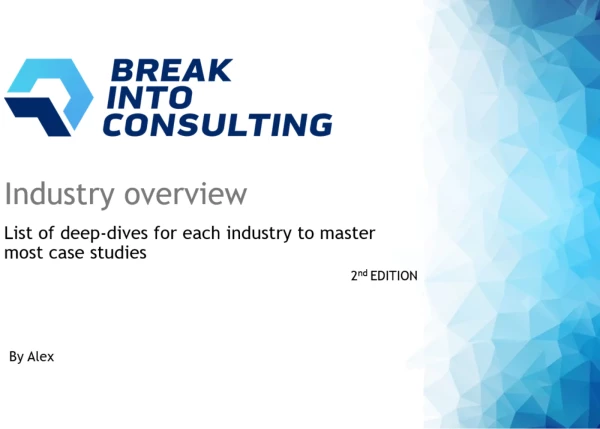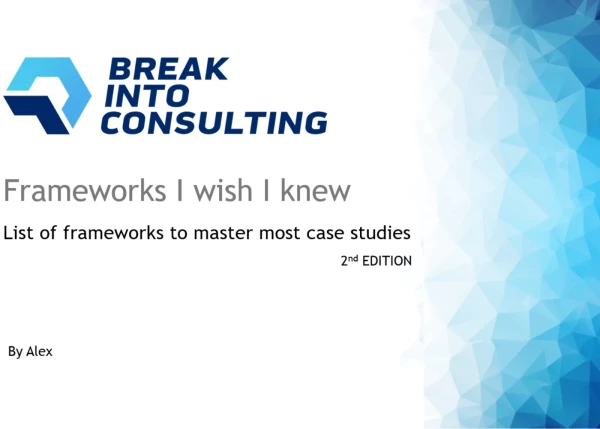There are several great questions questions in this post. Let’s start with establishing what interviewers are given before the interview, what overlaps exists between interviews and what interviewers discuss after the interviews are completed.
Before the interview, interviewers:
- Receive your resume and any notes from the resume screeners
- Receive any feedback from recruiters from on/off campus interactions (e.g., firm presentations, case preparation sessions)
- Choose a case from the active case library that unique from the other interviewers they are paired with for the day to avoid “case overlap”
- Are rarely assigned a “fit interview” question, but rather choose their own. They may, however, be assigned a “fit interview area” (e.g., leadership, drive/achieving, etc..) to probe
Overlaps that may exist
- Background walk through
- Why consulting
- Why MBB
- Fit question
After the interview, interviewers:
- Make the “case for” and make the “case against” (different interviewers do each)
- Discuss each portion of the candidate’s interview. So, stories told multiple times will get a reaction like, “Yeah, she told me that story too. It was interesting but…”
- Come to a consensus agreement whether to extend an offer to the candidate.
So, to answer your specific questions:
“Also, are the interviews coordinated amongst the interviewers such that after all interviews they circle back with each other to get a complete picture of fit that covers all the dimensions of fit?”
Yes, there is an in-person meeting with all interviewers to discuss the candidate and compare interviewer notes.
Alternatively, will I ever get two interviewers asking about a leadership example?
Yes, it’s definitely possible.
If yes, is it advisable to repeat the story or do I need another story?
Do NOT repeat the same exact story. If you have a way of telling the same story with an entirely different spin, then that’s fine. But, it needs to have a 180-degree spin on it.
NOTE: The degree of discussion and comparision after the interviewers is probably 5x more during final rounds versus first rounds.



